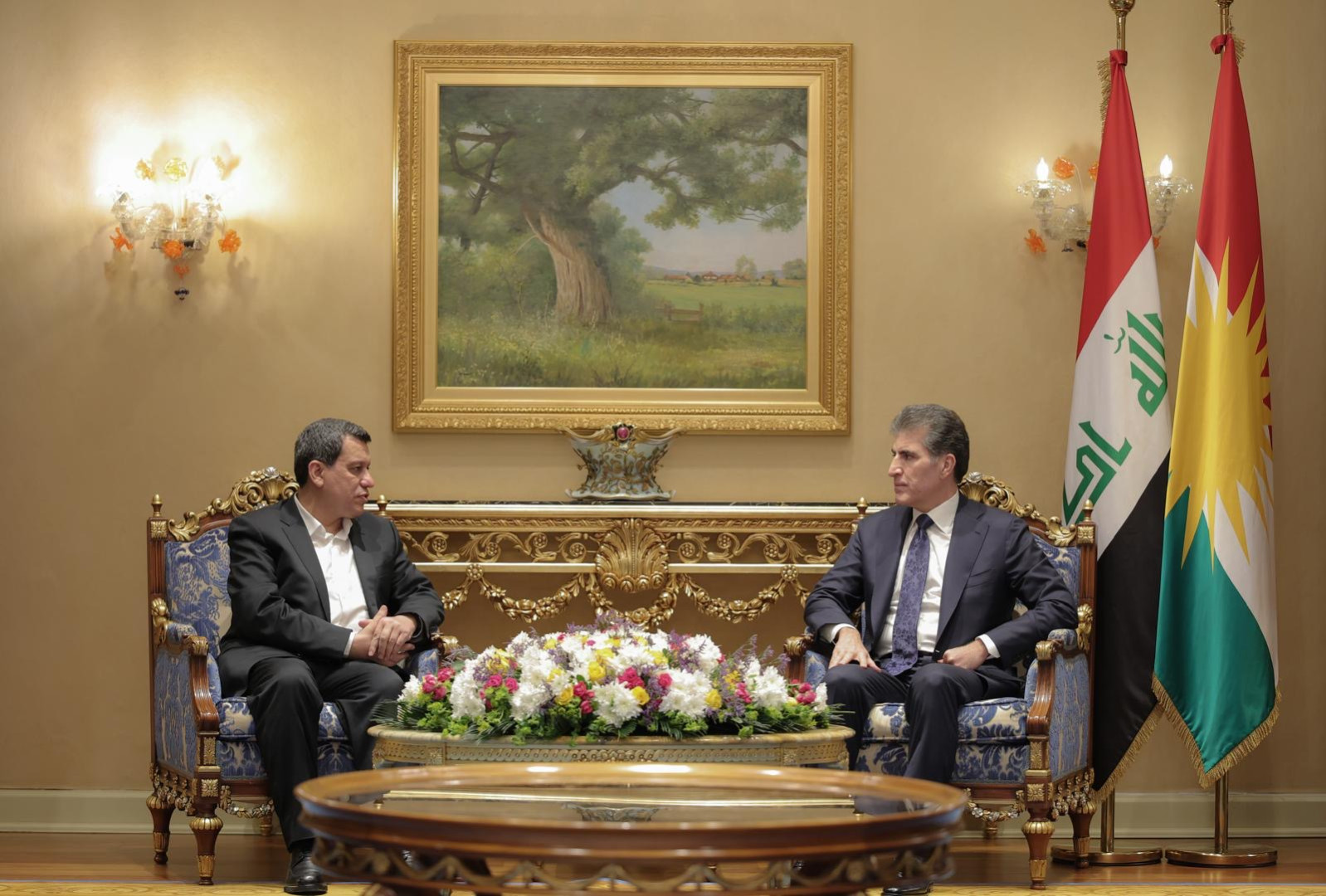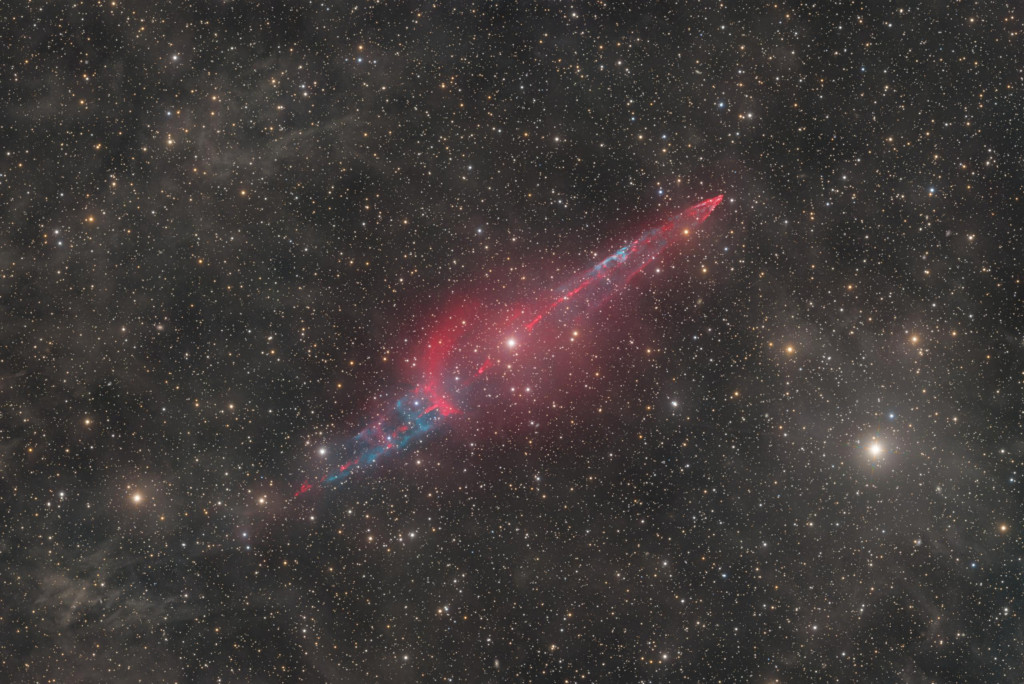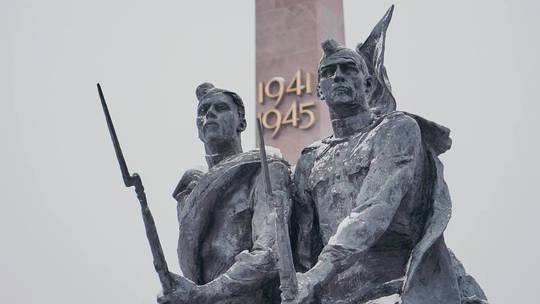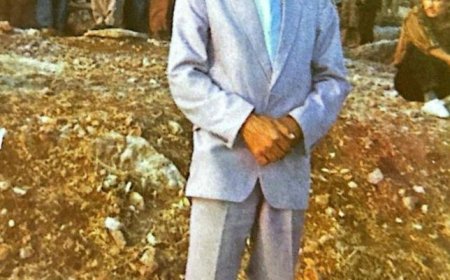16 October 2017 and its repercussions
Ramyar Nasrullah Fars Sherwani / Catholic University in Erbil
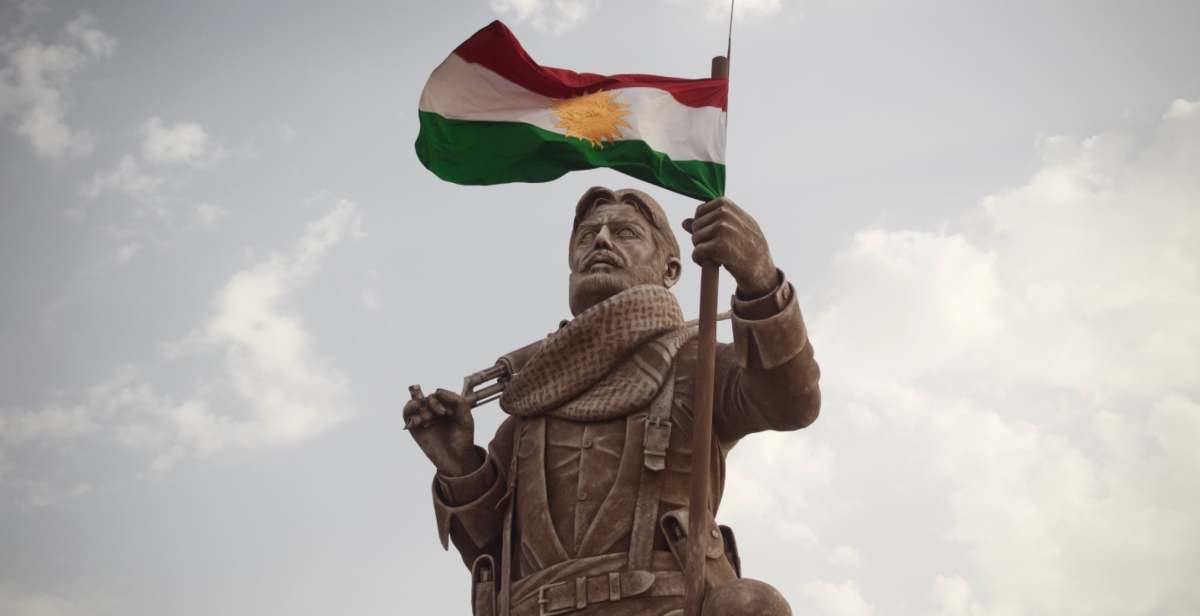
16 October 2017 is one of the darkest and worst moments in recent Kurdish history. This day constitutes a turning point for Kurdish aspirations for independence.
When the Kurdish people, led by President Masoud Barzani, held a referendum on 25 September 2017 for Kurdistan's independence, around 93 percent of Kurds voted to secede from Iraq. The Kurdish people were optimistic that they had finally achieved their long-standing dream of building an independent state.
Although the referendum sparked widespread protests in Iraq, neighboring countries such as Iran, Türkiye as well as even Western powers, the Kurdish will called unwaveringlyfor freedom and insisted on Kurdistan's independence.
Despite all the pressures on the Kurdish people, the obstacle to Kurdistan's independence was not external forces, but internally, the betrayal of one party which destroyed the overriding essence of unity and solidarity of Kurdish politics.
On the morning of 16 October 2017, Iraqi forces and Hashdi Shaabi militias invaded the Kurdistan Region and occupied Kirkuk, without facing significant resistance from some of the PUK-affiliated Peshmerga forces.
This was not normal for the Kurds, but they saw it as a betrayal by the PUK, which later revealed that Bafel Talabani had made a secret agreement with the Iraqi government and Hashdi Shaabi to withdraw the PUK Peshmerga without fighting.
This agreement, which was brokered by the Iranian Revolutionary Guards, led by Bafel Talabani and signed by 38 members of the PUK leadership, handed over Kirkuk and associated areas, selling them to the invaders.
This was not only a betrayal of the PKK and the Kurdistan Regional Government, but also of the Kurdish people's desire to become a state, which led to the Iraqi forces quickly seizing Kirkuk and other conflict areas and dealing a major blow to the Kurdish independence movement.
The consequences of the 16 October 2017 treason were profound. The loss of Kirkuk, which is the heart of the country for the Kurdish people, was a great failure.
The sense of betrayal was greater than the fact that the Kurdish forces had previously fought in unity against ISIS and successfully defended their country and defeated the terrorist group in the region. The Peshmerga became an internationally recognised force, praised for their courage and resistance.
With the treason of 16 October 2017, the image of the Kurdish unity front was destroyed and the unity that was the cornerstone of the independence movement was greatly weakened. Degradation of Kurdish areas, especially in the conflict areas, increased after the 16th October. Kurdish villages faced threats from Arab militias, Kurdish farmland was burned and thousands of Kurds were displaced. The Iraqi government, which has insisted on regaining control of these areas, has done nothing to prevent these acts of aggression and further deprivation of the Kurdish population.
While 16 October 16 2017 was a dark day for the Kurds, it was the beginning of a new political reality in the Kurdistan Region of Iraq.
The Kurdistan Democratic Party (KDP), which remained the hero of the referendum and tried to rebuild the Kurdish political position by strengthening Erbil and Duhok, turned the PUK into a meeting place for Iraqi militias and a non-Kurdish agenda.
In the years following the treason, Baghdad adopted discriminatory policies against the Kurds, including cutting off the livelihoods of Kurdistan citizens, suspending oil exports and putting more pressure on the Kurdistan Regional Government through the Federal Court.
Today, as I write these words, is the anniversary of an evil day in which history has repeated itself and the PUK has committed another betrayal in Kirkuk, under a secret agreement in which all the important Kurdish posts were offered to the Arab components.
[Opinions expressed are the author's own]

